Love him or hate him there’s no denying Alfred Hitchcock has earned the term “Master of Suspense.” The director has a body of work so diverse the Dames were fairly flush for choice for this week’s five. So, in honor of Alfred Hitchcock’s birthday, here are our five favorite Hitchcock films.
Kristen’s 5
I can’t say I’m a big Hitchcock film despite the fact I’ve seen several of his movies to begin with. For me, Hitchcock’s personal life comes through a bit too clearly in his films – this is aided by the fact I’ve read SEVERAL books on Hitchcock which prove this. That being said, I’m surprised nearly all of my choices haven’t popped up on the other Dames’ list…maybe that’s because my reasons for picking all of these are a bit different.

Suspicion (1941)
I like Suspicion until the end. Whether you believe the numerous responses about why the movie ends the way it does – even Hitch contradicts himself – I don’t care for it. You’ll notice a commonality in my choices: Cary Grant was, is, and will always be Hitchcock’s best leading man. And I think I get so mad about Suspicion because it was a chance for Grant to be completely different than his persona allowed him to be. The movie follows a shy heiress (expertly played by Joan Fontaine) who marries a devil-may-care man (Grant) who might be trying to kill her for her money. Grant plays a flat-out asshole in this movie – and, oh, do I know of a person who could play this character in a remake! – and even at the end, I never fully buy that he loves his wife. He calls her “monkey face” as a term of endearment! But what the movie does well is build tension, particularly in the domestic sphere. Hitch’s marriage to Alma Reville wasn’t the best, and I think I gravitate to his skewed relationship movies because he’s showing how damn difficult relationships are. Not to mention this movie has glowing milk!

Notorious (1946)
Oh, good Lord, could I write about Notorious. If you head over to my classic film blog, I wrote at least 1500 words on this movie because it’s the most compelling Hitchcock film ever made. (Don’t @ me.) Ingrid Bergman plays the daughter of a Nazi who has to prove her loyalty to the U.S. by getting close to another Nazi (charmingly played by Claude Rains). She’s also being tested in her loyalty to her new beau, Devlin (Grant, yet again) whose name is literally a slight turn on “Devil.” Again, Grant is the biggest douche in the world, and so much of Notorious has aged (unfortunately) well, in the sense that it’s a movie all about slut-shaming. It also is one of the sexiest Hitchcock movies out there, with a kiss that slyly skirts the Production Code.

North By Northwest (1959)
Notorious isn’t Hitchcock’s sexiest movie. North by Northwest is. Seriously, this is like the hottest screwball comedy blended with Hitchcock’s patented “wronged man” narrative. Grant is great and all, but I find him to be superfluous to the fantastic supporting cast here. It’s ALL about Eva Marie Saint as Eve Kendall. Her name definitely lets you know her arc – Eve….:scoff: – but her and Grant have fantastic chemistry. Every one of their lines while they’re on the train is a double entendre. But then James Mason shows up and I have….feelings. Seriously, there’s a single shot in this movie that gets me all flustered. And don’t forget Martin Landau whose thirst level (and homoeroticism) for Mason’s character is off the charts. Oh and it’s an almost three-hour confusing mystery movie which is great, but for me it’s all about the implied sex.
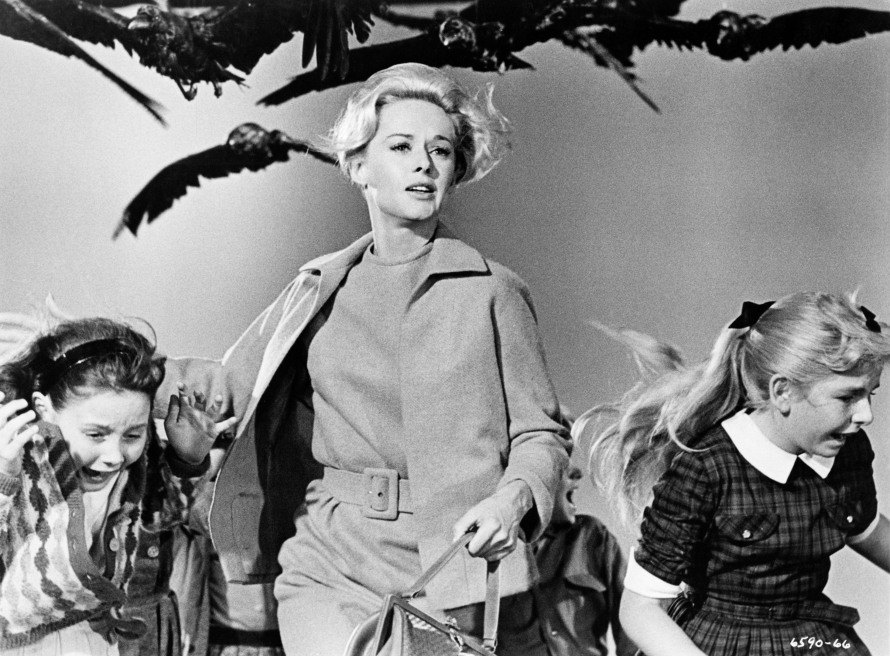
The Birds (1963)
The Birds is the first Hitchcock movie I ever saw, so it holds a special place in my heart. Tippi Hedren is flawless, and though the character dynamics are weird as hell (you’ll never convince me my theory about Rod Taylor’s Mitch being the father to his “sister” isn’t true) you care about these people. But, really, the entire movie is about the birds themselves whose terror comes from having no explanation at all. I’ve also been fortunate to visit Bodega Bay and they really love The Birds there!

Marnie (1964)
Marnie isn’t a popular choice for a variety of reasons, mostly stemming from Hedren’s stories about Hitchcock sexually harassing her the whole time. In fact, many of the stories about the making of this movie turn me off more – just search what Hitch is rumored to have said about filming the rape scene in this movie. That being said, I absolutely, positively adore Diane Baker in this film. Baker is really the unsung star of this movie. Again, Hitchcock loves weird relationships and ain’t no one better at playing that than Baker whose relationship with Sean Connery’s character is….close. Her side-eye is legendary.
Karen’s 5
Yay, Hitchcock! I am not as knowledgeable about Hitch as Lauren is, but I love the films of Alfred Hitchcock. I have long maintained that the only acceptable “remake” of a Hitchcock film is if you draw inspiration from his work and turn it into something completely different. Preferably funny, like The ‘Burbs and Throw Mama from the Train. Oddly, even Suburbia worked in its way. But there’s no one like the master and here are some that I love.
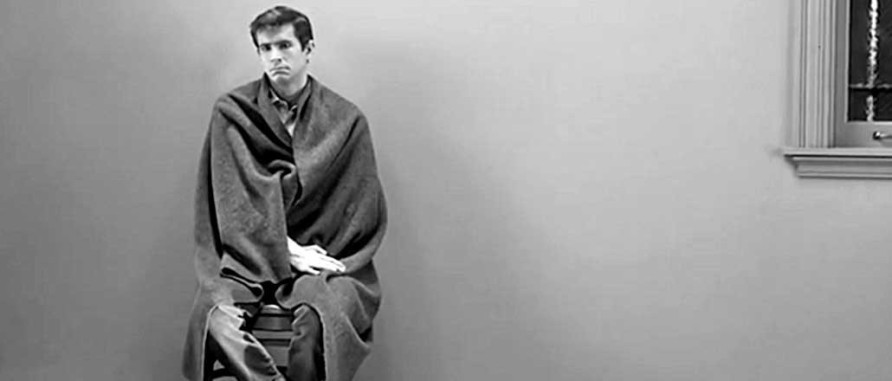
Psycho (1960)
It’s *possible* one of the reasons I love this movie so much is that it freaks out my dad. Nothing freaks out my dad like the score from Psycho. He can’t handle the movie because the opening credits mess with his head which I find so hilarious and charming. Also, this is a really great film with twists and turns; it’s inventive, as many of Hitchcock’s works were, and it was one of the earliest films to launch a franchise.
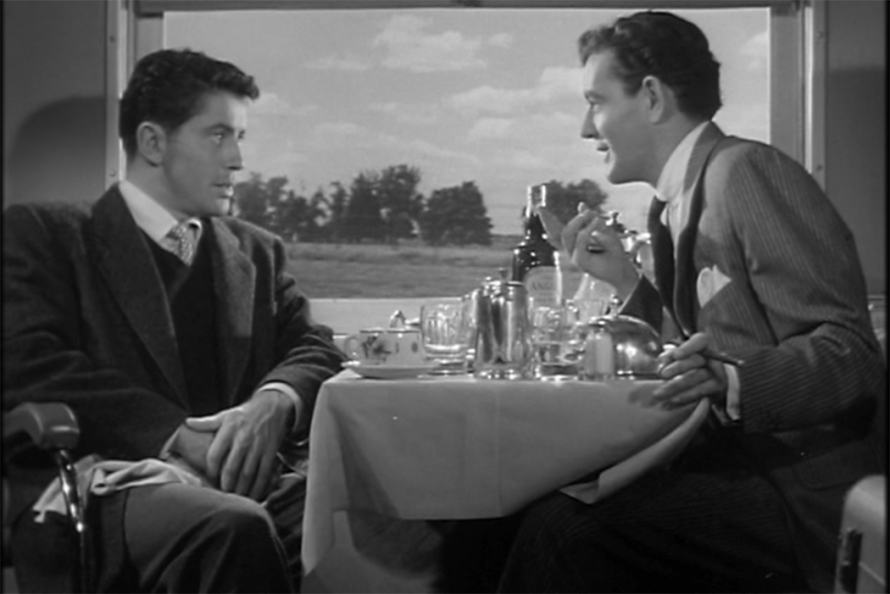
Strangers on a Train (1951)
Believe it or not, this was the first Hitchcock film I ever saw, and the first film that ever taught me black and white movies can be far creepier than full color slasher flicks. The horror seeps over you as this story goes from two guys speaking hypothetically, and then the dawning realization that one of them meant every word. Strangers on a Train is one of those slow-burning movies where you’re never quite sure where it’s going to go until you get there, and that’s what makes it so much fun.
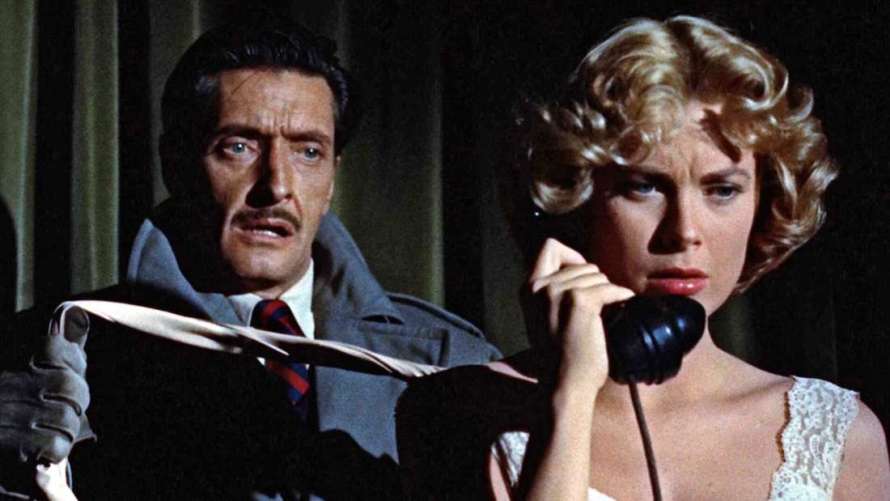
Dial M for Murder (1954)
I don’t want to go to Freud on Hitchcock and his fascination with stories about getting people to do your murders for you, but this film, starring the insanely gorgeous Grace Kelly, has everything you want in a good suspense/thriller. It’s got infidelity, blackmail, murder plots, twists, turns, the death penalty. It may not be a great example if Hitch ever wanted to prove he knew how to write good women, but he definitely knows how to write despicable men, as we see here in Ray Milland’s Tony Wendice. The adaptation, A Perfect Murder, was fine, but nowhere near as riveting as this one.
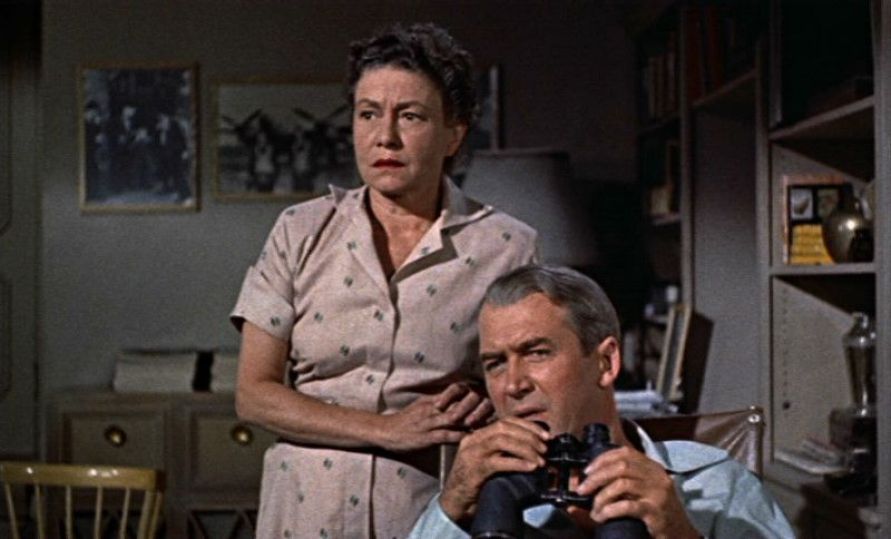
Rear Window (1954)
I am not sorry for loving this movie. It’s suspenseful, but also funny. And I would have been far less accommodating than sweet Grace Kelly. But one of the best things about it? It shows how completely helpless men are when they have an excuse to be incapacitated. He broke his leg? He’s temporarily in a wheelchair? So he can’t do a damn thing for himself? Sounds about right. He wiles away his time creepily spying on the neighbors and making up stories about them, like you do, but then everyone else around him gets totally invested in what’s happening across the courtyard to the point that Grace Kelly breaks into someone’s apartment to satisfy their collective curiosity. It’s great. I love it. And I especially love that it inspired The ‘Burbs, which is one of my favorite Tom Hanks comedies.
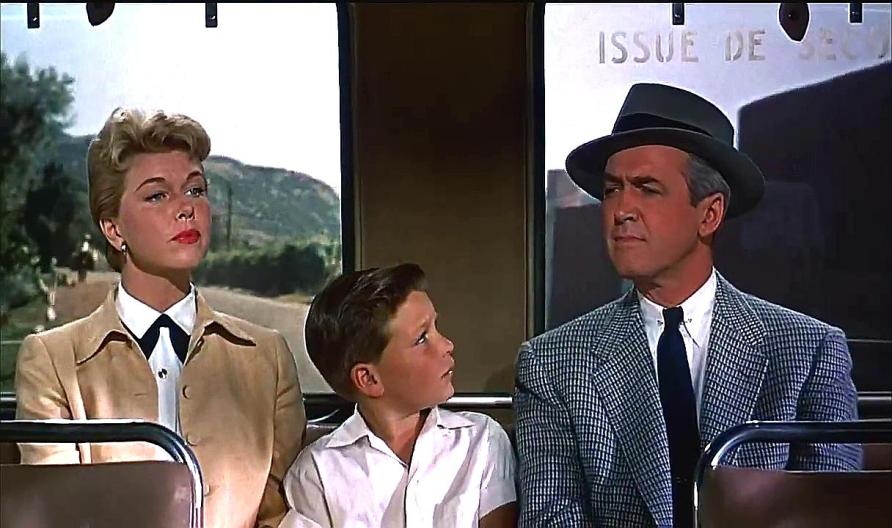
The Man Who Knew Too Much (1956)
I never saw the original from 1934 but I love the fact that Hitchcock said, “I can do that better” and remade his own movie twenty years later. Yes, yes, I know it’s a different plot. But still. This one stars Jimmy Stewart and Doris Day as a couple traveling in Morocco. Everything is going great until their son is kidnapped. And let’s just say, before there was Liam Neeson in Taken, there was Jimmy Stewart in The Man Who Knew Too Much. There’s a great moment where Doris Day thwarts an assassination, and she sings a song that gave a Hitchcock film an Academy Award for Best Original Song. There is drama and intrigue, and a child at risk and parents who will stop at nothing to rescue their son.
Lauren’s 5
This list shall be nigh unto impossible for me, because Alfred Hitchcock is by far and away my favorite director. His films were the reason I wanted to study film; I spent my time in grad school writing about him more than any other director. I’ve seen most of his films multiple times, and while he made some not-so-great ones, I’ve never failed to find something interesting in even his least interesting works (looking at you, Under Capricorn). So listing my favorite Hitchcock films is difficult because they just keep changing.
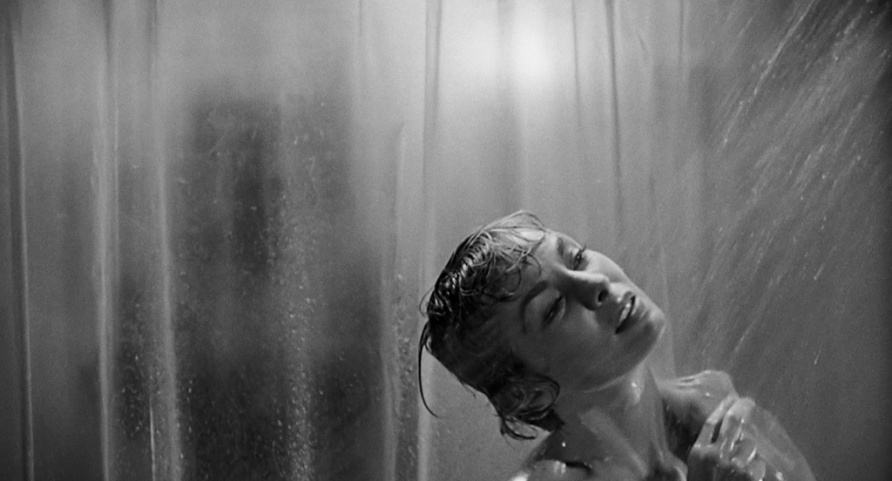
Psycho (1960)
Psycho is the easy answer in some ways, but it’s still his undoubted masterpiece (yeah, screw you, Vertigo). Perfectly paced, perfectly constructed, with an ending that still feels shocking. For a film often credited as a precursor to the slasher genre, Psycho is actually not all that violent. Most of its violence is psychological – the famous shower scene is comprised of quick cuts to knife, body, and face, but we never see the blade actually touching her (nor do we see Janet Leigh’s breast, though a number of censors at the time claimed we did). But Psycho is so much more than just that scene. It’s a masterclass in acting, from Leigh and especially from Perkins, who imbues Norman with a combination of sweetness and undefinable wrongness that builds throughout the film. The biggest criticism of the movie is the psychiatrist scene at the end, but even that has the effect of reassuring the viewer right before we’re cast back into the mire. There is simply no greater Hitchcock film.
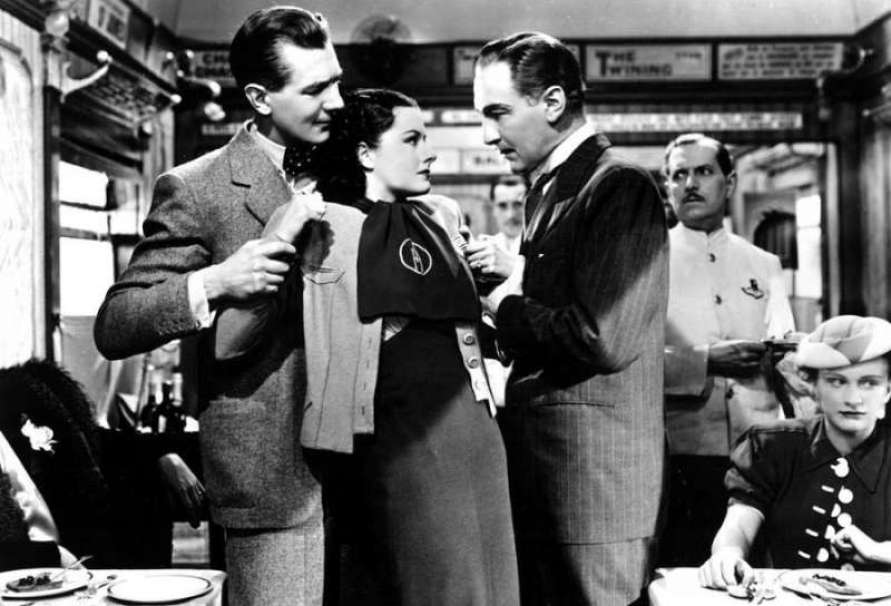
The Lady Vanishes (1938)
I wrote two papers on this film, and it’s still one of my favorites. The Lady Vanishes gets shorter shrift than The 39 Steps as Hitchcock’s greatest British film, but I prefer the former. It showcases the wry humor Hitchcock did so well, starting off like a screwball comedy that then veers into thriller territory. All the Hitchcockian marks are here: canted camera angles, POV shots, a strong young woman, a train full of weirdos who may or may not be criminals, a charming villain. It’s a lighthearted film in its way, but also contains some great action, a psychological mystery, and a surprisingly complex plot arc. It’s a perfect introduction to Hitchcock’s British period.
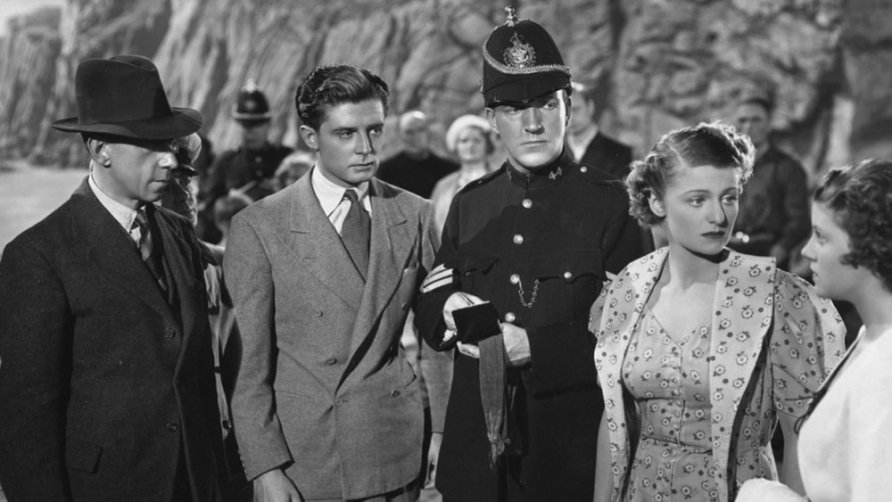
Young and Innocent (1937)
Another excellent and underseen film of Hitchcock’s British period, Young and Innocent was made as he approached his move to America. Based (very loosely) on Josephine Tey’s A Shilling for Candles, it’s the classic wrong man narrative Hitchcock would later use in films like North by Northwest and Saboteur. It features a bevy of British character actors, some funny one-off scenes, and a cross-country jaunt as the daughter of a local police chief helps to prove a young man innocent of murder. It also contains one of the greatest traveling crane shots until Touch of Evil.
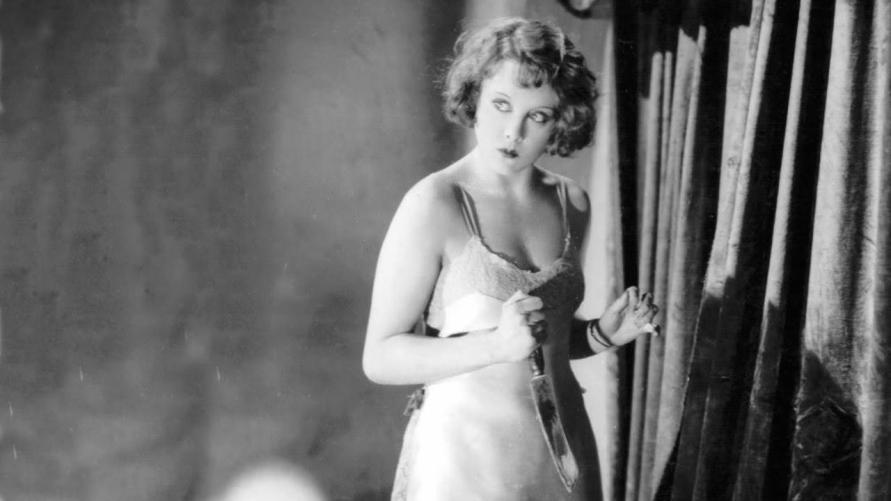
Blackmail (1929)
This is an odd one, but it’s a must-see. It is both Hitchcock’s first sound and last silent film, made in 1929 and produced in sound and silent versions. That being said, it actually veers more toward the silence of “pure cinema,” with no spoken dialogue for about the first ten minutes of the film. It’s a fascinating and terrifying investigation of a young woman, engaged to a police officer, who flirts with an artist one evening to get back at her boyfriend. But things go too far and she winds up killing the artist when he attempts to rape her. The film treats its subject with remarkable complexity, as the girl’s behavior is viewed with a great deal of sympathy. It’s a fantastic example of Hitchcock’s dedication to the image in telling the story – which he would never lose – but also an early look at the use he makes of sound.
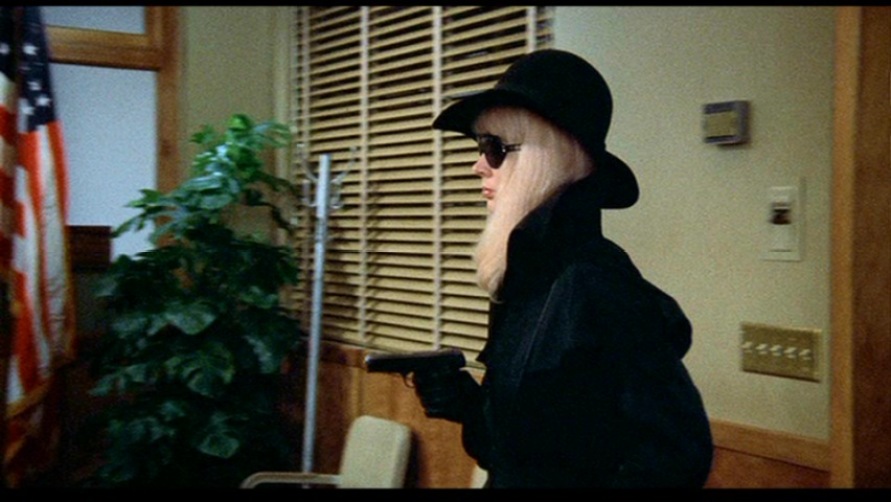
Family Plot (1976)
Family Plot is a sometimes silly and sometimes thrilling little movie with Bruce Dern and Barbara Harris squaring off against William Devane and Karen Black. Harris is a disreputable psychic tasked with searching for the long-lost heir of a wealthy widow. She employs the help of her cab-driving boyfriend (Dern) to investigate the whereabouts of the heir, and they wind up crossing paths with a pair of dangerous kidnappers. Funny, bizarre, and containing some classic Hitchcock sequences – like a runaway car whipping around the mountains of California – Family Plot is one I return to all the time. It’s not as flashy as the height of his American period, but it’s loads of fun. Hitchcock’s last film, and what a way to go out.
Kimberly’s 5
Strangers on a Train (1951)
Strangers on a Train comes out of Hitchcock’s low-key period in the early 1950s. Many of the films are often over-shadowed in favor of the director’s stellar work towards the middle and end of the same decade. Robert Walker completely steals this movie. While his career is largely defined by its tragedy, he puts on a clinic in his complex and layered portrayal of Bruno Anthony. He stands near the front of a long-line of memorable Hitchcock villains. Walker’s work defines and establishes the tropes we see fleshed out in characters like Norman Bates.
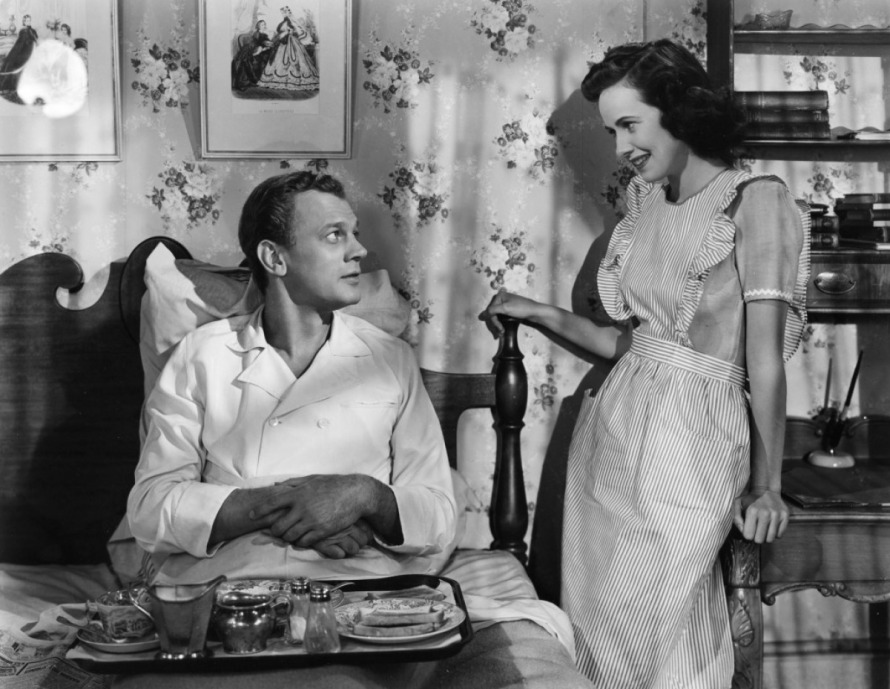
Shadow of a Doubt (1943)
I first stumbled onto this movie in college, learning about it as the favorite film of one of my academic mentors. I love the feel of this movie. Hitchcock does a tremendous job capturing a small-town, almost Rockwellian Americana. The addition of the Hitchcockian suspense makes for a truly interesting film. Joseph Cotten brings a stellar performance, and it may or may not have started me on a bit of a MacDonald Carrey phase.
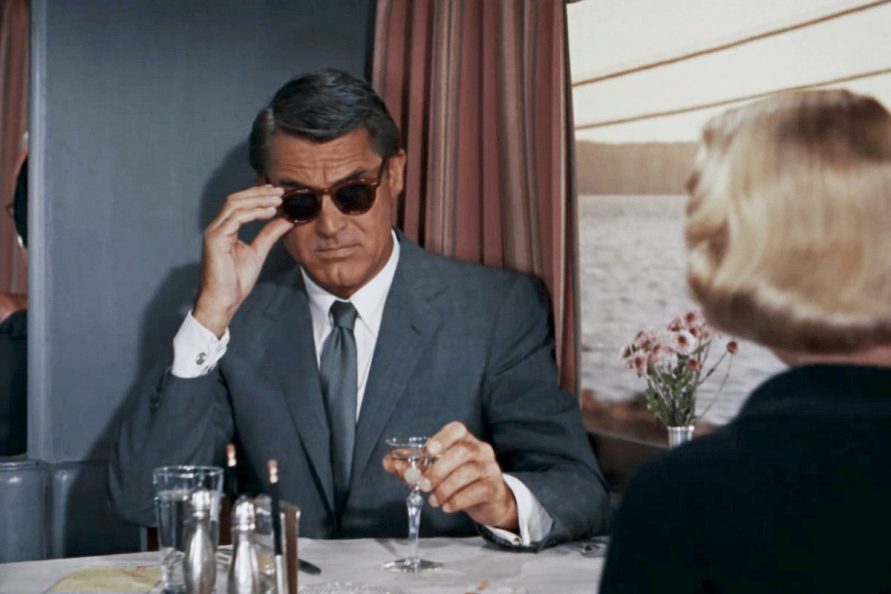
North by Northwest (1959)
I had to get one of the “popular” Hitchcock films on this list. This movie is like cinematic candy. Everything, from the cinematography to the performers, is absolutely gorgeous. It is a treat to watch. Furthermore, I love the sense of humor the movie brings. Cary Grant is at his peak, and Hitchcock is fully in control of his filmmaking powers and it comes across fully on screen.
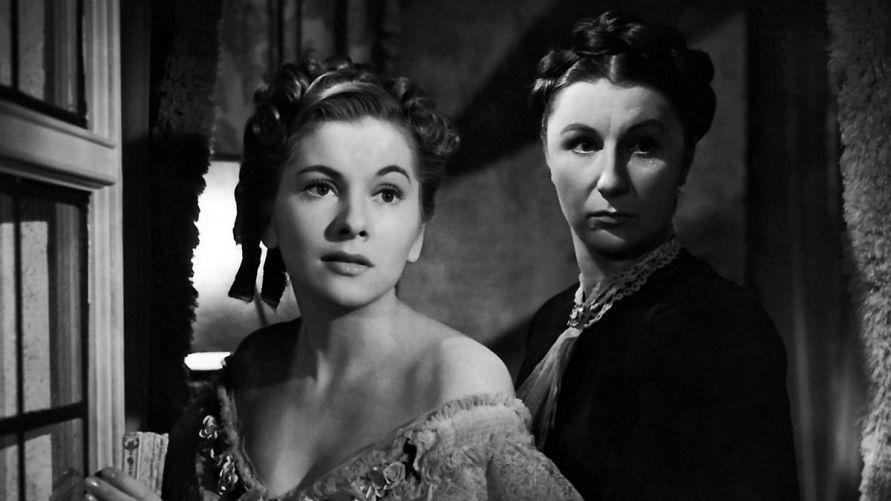
Rebecca (1940)
I’ve been well-documented in my glee for this movie. Rebecca is Hitchcock’s first film working out of Hollywood, and the director is already a professional working at the top of his game. The cast is stunning, bringing Laurence Olivier and George Sanders, two of my all-time favorite performers. I would be remiss if I didn’t give some love to Joan Fontaine as well, who brings a subtle and interesting take on the unnamed main character.
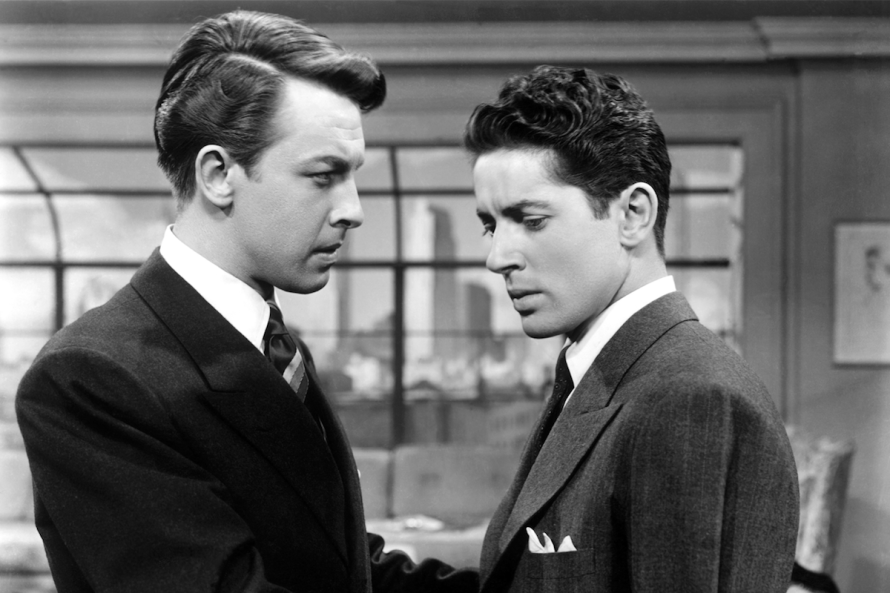
Rope (1948)
I find Rope absolutely fascinating and have since the first time I saw it. The movie is best known as Hitchcock’s cinematic experiment; the director crafted the narrative in a number of long takes. While I find the stylistic flourish a treat to watch, the underlying depth to the performances is what interests me. John Dall gives a career performance as Brandon, presenting a layered take on an interesting character, fueling film scholarship for decades to follow.

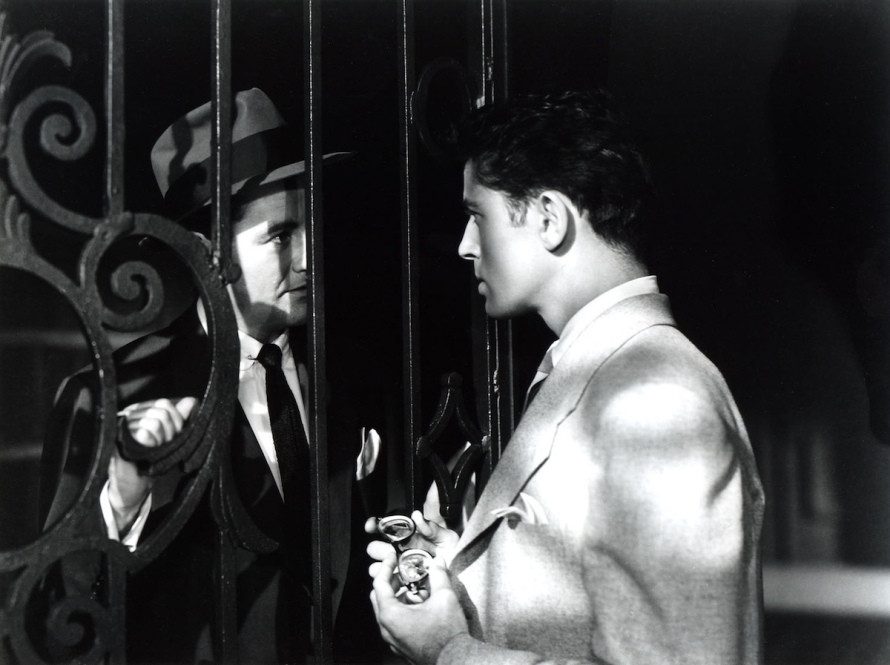
bardandthebottle
Dial M for Murder. Vertigo. North by Northwest. Strangers on a train.
Episode 46: Justin Theroux is Real! – Citizen Dame
[…] The Citizen Dame 5 honored Alfred Hitchcock this week with our favorite Hitch films […]